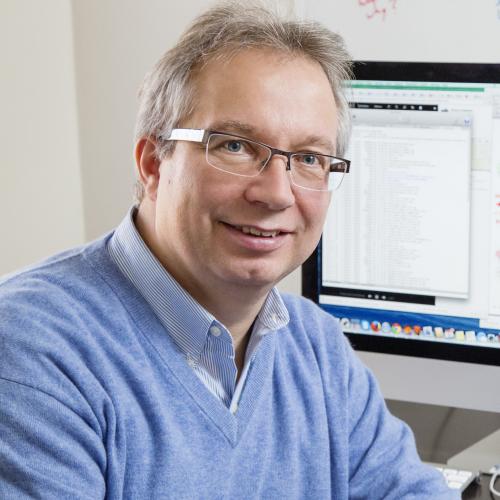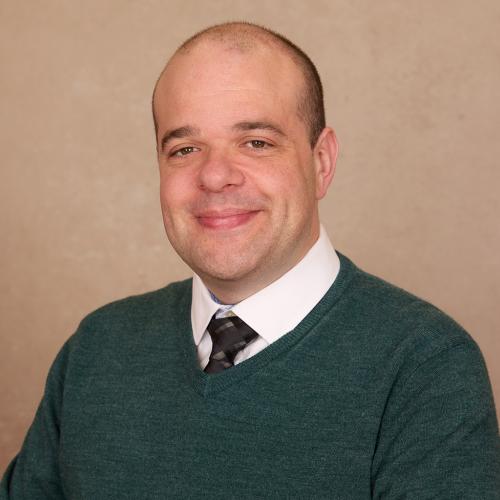

Members of the Whole Tale Archaeology Working Group will meet with fellow computational archaeologists, environmental scientists, and other researchers for the first "Prov-a-thon" on practical tools for reproducible science. Held in conjunction with the DataONE All-Hands Meeting in Santa Ana Pueblo, New Mexico, the two-day workshop on August 31 and September 1 is cosponsored by the NSF-funded projects Whole Tale, DataONE, and the Arctic Data Center.
The goal of the workshop is to expose scientists to existing and emerging provenance tools from DataONE, Whole Tale, and other projects (e.g., SKOPE), and conversely, to gather feedback, new requirements, and new ideas for effective uses of provenance from the scientific community. The first day of the workshop will focus on hands-on demos and tutorials using existing tools and prototypes, while on the second day, scientists will work on their own uses cases involving provenance.
The Prov-a-thon is co-organized by Professor Bertram Ludäscher, iSchool director of the Center for Informatics Research in Science and Scholarship, and principal investigator for the Whole Tale project; Amber Budden, Matt Jones, and Dave Vieglais from DataONE; and Kyle Bocinsky, Whole Tale Archaeology Working Group lead and Ludäscher’s collaborator on SKOPE. Other iSchool participants include Assistant Professor Peter Darch, who leads the Information Science Working Group of Whole Tale; doctoral student Linh Hoang; MS/IM student Pratik Shrivastava; and Hui Lyu (MS ‘17), who is now in the PhD program at the University of Pennsylvania. All three students conducted provenance research and development as 2017 summer interns for DataONE (Hoang, Lyu) and Whole-Tale (Shrivastava). They will present posters on their work on "Prospective and Retrospective Provenance Queries using YesWorkflow, RDF, and SPARQL" and "Opening the Black Box of a Paleoclimate Reconstruction based on PaleoCar" at the workshop.
"Provenance information has long been recognized as crucial metadata in the information sciences, such as in archival science and library and information science, but in recent years, provenance research has also been a hot topic in computer science. Now it is interesting to see whether and how this research may be translated into practical tools for the computational sciences and data science," said Ludäscher, who conducts provenance research in a number of his projects.
"Provenance is at the heart of transparency and open science and can help debug hard-to-reproduce computational studies. I am very much looking forward to seeing scientists and provenance tool makers join the fray in this first Prov-a-thon," he added.